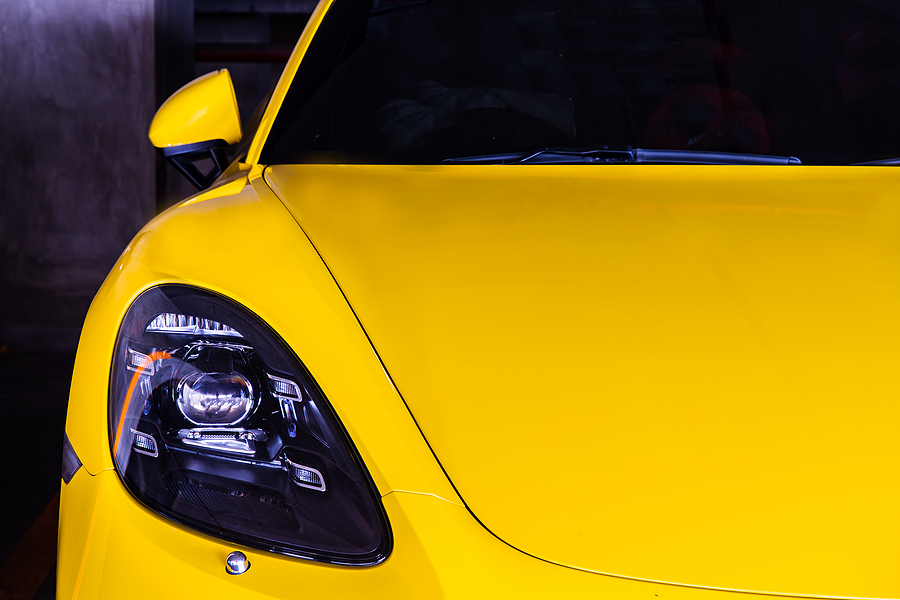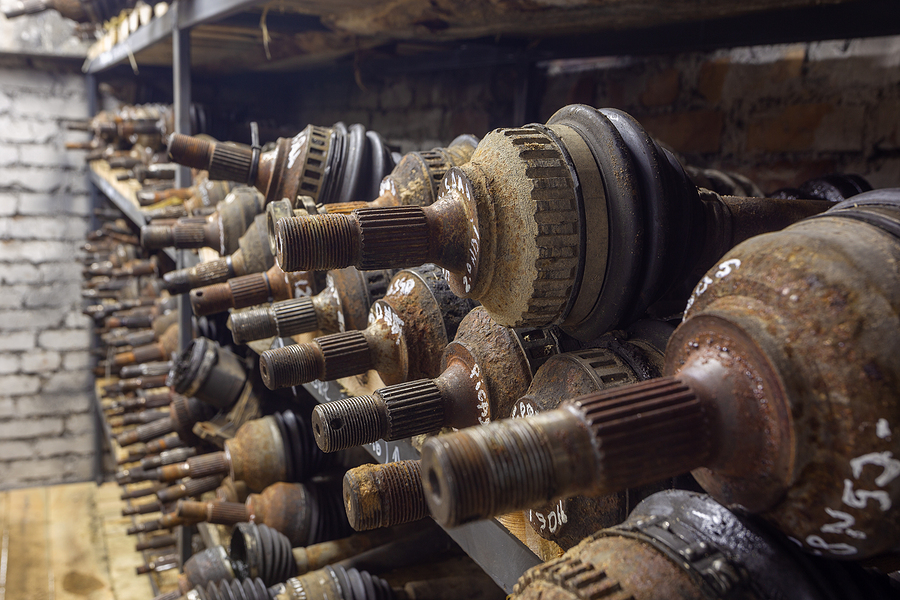Owning a Porsche is more than just having a car—it’s possessing a piece of German engineering excellence that demands specialized care. While these high-performance vehicles are built to last, knowing when to seek professional help from a qualified Porsche mechanic can mean the difference between minor maintenance and costly repairs. Understanding the warning signs and maintenance requirements will help you protect your investment and keep your Porsche performing at its peak.
Whether you drive a sleek 911, a versatile Cayenne, or a dynamic Macan, recognizing when professional intervention is necessary ensures your vehicle maintains its legendary performance and value. Many Porsche owners struggle with uncertainty about when to seek help, often waiting too long or worrying about the high costs associated with specialized repairs.
This comprehensive guide will help you identify the critical moments when calling a Porsche mechanic becomes essential, from routine maintenance schedules to emergency situations that require immediate attention.

Regular Maintenance vs. Unexpected Issues
Understanding the distinction between scheduled Porsche maintenance and unexpected problems is crucial for every owner. Regular maintenance follows manufacturer-recommended intervals and includes services like oil changes, brake inspections, and tire rotations. These routine services help prevent major issues and maintain your vehicle’s warranty coverage.
Unexpected issues, however, require immediate attention from a qualified Porsche repair specialist. These problems often manifest as unusual symptoms that deviate from your vehicle’s normal operation. While regular maintenance can be somewhat predictable in timing and cost, unexpected repairs can vary significantly in complexity and expense.
The key difference lies in planning and urgency. Scheduled maintenance allows you to budget and plan ahead, while unexpected issues demand prompt action to prevent further damage. A German car specialist can help you distinguish between what constitutes normal wear and what signals a potential problem requiring immediate intervention.
Warning Signs That Demand Professional Attention
Unusual Noises
Your Porsche should operate with the smooth, refined sounds of precision engineering. Any deviation from normal operational noise warrants professional evaluation. Grinding sounds from the brakes may indicate worn pads or rotors, while knocking from the engine could signal serious internal damage requiring immediate attention.
Squealing belts, rattling exhaust components, or clicking sounds during turns are all indicators that specific systems need inspection. These unusual car noises often start subtle but progressively worsen, making early intervention crucial for preventing more extensive damage.
Dashboard Warning Lights
Modern Porsches feature sophisticated diagnostic systems that monitor various vehicle functions. When warning lights appear on your dashboard, they’re communicating specific concerns that require professional interpretation. Check engine lights, ABS warnings, or oil pressure indicators should never be ignored.
Each warning light corresponds to particular systems, and a qualified Porsche mechanic has the specialized diagnostic equipment to interpret these codes accurately. Generic code readers may provide basic information, but Porsche-specific diagnostic tools offer the detailed analysis necessary for proper repairs.
Changes in Performance
Porsches are renowned for their consistent, high-level performance. Any noticeable changes in acceleration, handling, or overall driving dynamics should prompt immediate professional evaluation. These changes might include reduced power, rough idling, or difficulty starting.
Performance changes often indicate underlying issues with critical systems like fuel injection, ignition, or transmission. Early detection and repair of these problems can prevent more extensive damage and maintain your vehicle’s performance characteristics.
Book a Pre-Purchase Inspection Today! ✨
Critical Issues Requiring Immediate Professional Intervention
Engine Problems
Engine issues in Porsches can range from minor sensor failures to major internal component damage. Engine misfires, unusual knocking sounds, or significant oil consumption require immediate attention from a specialist familiar with Porsche engines. These problems can quickly escalate, potentially requiring engine rebuilds if left unaddressed.
Oil leaks from the engine, while sometimes minor, can indicate seal failures that may lead to more serious issues. A Porsche repair expert can determine whether simple seal replacements or more comprehensive repairs are necessary.
Transmission Issues
Porsche transmissions, whether manual or automatic, are precision instruments requiring specialized knowledge for proper repair. Symptoms like slipping gears, delayed engagement, or unusual shifting patterns indicate problems that demand immediate professional attention.
Transmission fluid leaks, grinding noises during gear changes, or complete transmission failure require expertise with Porsche-specific components and repair procedures. Attempting repairs with non-specialized mechanics often leads to more extensive damage and higher costs.
Brake System Malfunctions
Safety should never be compromised, making brake issues absolute priorities for professional intervention. ABS malfunctions, brake pedal changes, or unusual noises during braking require immediate evaluation by a qualified technician.
Brake system problems can include worn rotors and pads, hydraulic system failures, or electronic component malfunctions. Each requires specific expertise and genuine Porsche parts for safe, effective repairs.
Suspension and Handling Problems
Changes in ride quality, unusual tire wear patterns, or handling characteristics that feel different from normal operation indicate suspension problems requiring professional diagnosis. These issues affect both safety and driving enjoyment, making prompt attention essential.
Suspension repairs often involve complex components that require specialized tools and knowledge for proper installation and alignment.
▶ Buying a Porsche? Consider scheduling a prepurchase inspection if you’re buying a used Porsche, as this service can identify potential issues before they become your responsibility.
The Importance of German Car Specialists
General automotive mechanics, while skilled in their field, may lack the specialized knowledge required for proper Porsche maintenance and repair. German car specialists like Autohaus Dierolf in Carmel, understand the unique engineering principles, specific torque specifications, and particular quirks that distinguish Porsches from other vehicles.
These specialists invest in Porsche-specific diagnostic equipment, training, and genuine parts access that general mechanics typically don’t possess. This specialization translates to more accurate diagnoses, appropriate repairs, and maintained vehicle integrity.
Using non-specialist mechanics can lead to misdiagnoses, inappropriate repairs, and the use of aftermarket parts that may compromise performance and value. The initial cost savings often result in higher long-term expenses and potential safety concerns.
Frequently Asked Questions
How often should I service my Porsche?
Follow manufacturer recommendations, typically every 10,000-15,000 miles for basic service, with major services at longer intervals. Your specific model and driving conditions may require more frequent attention.
What are the common maintenance issues with Porsches?
Common issues include oil leaks, brake wear, suspension components, and electrical system problems. Regular maintenance helps prevent many of these issues.
Why is Porsche maintenance so expensive?
Specialized parts, advanced technology, and the expertise required for proper service contribute to higher costs. However, proper maintenance prevents more expensive repairs.
Can I take my Porsche to any mechanic?
While possible, German car specialists provide superior service due to their specialized knowledge, equipment, and parts access.
Are aftermarket Porsche parts okay to use?
Genuine Porsche parts ensure optimal performance and maintain warranty coverage. Quality aftermarket parts may be acceptable for some applications, but consultation with a specialist is recommended.
How important is a pre-purchase inspection?
Extremely important for used Porsches, as these inspections can identify hidden issues and help you make informed purchasing decisions.
In Summary
Your Porsche represents a significant investment in automotive excellence, and protecting that investment requires partnering with qualified professionals who understand the intricacies of German engineering. Recognizing when to seek help, rather than waiting for problems to escalate, ultimately saves money and maintains your vehicle’s performance and value.
The relationship between a Porsche owner and their trusted mechanic extends beyond simple repairs—it’s about maintaining the driving experience that makes these vehicles special. By understanding the warning signs and maintenance requirements outlined in this guide, you’re better equipped to make informed decisions about your vehicle’s care.
Don’t wait for small issues to become major problems. Schedule a German car inspection today to ensure your vehicle continues delivering the exceptional performance and reliability you expect from this legendary brand.
Call Now to Book Your Appointment
Related Post: Five Essential Tips for Keeping Your Porsche Pristine

